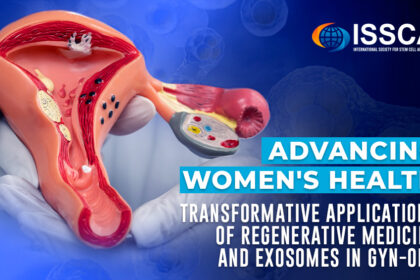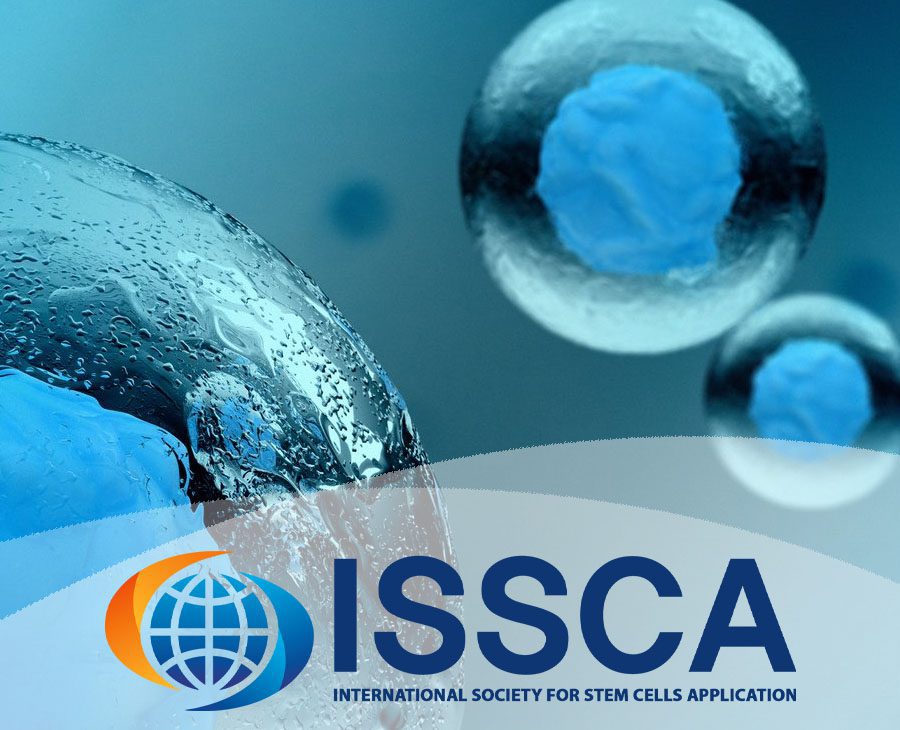
FRIDAY, 23 JUNE 2023 / PUBLISHED IN BLOG
In recent years, the field of gynecology and obstetrics (GYN-OBS) has witnessed remarkable advancements in regenerative medicine and the utilization of exosomes. These groundbreaking technologies offer innovative approaches to address various gynecological and obstetric conditions, revolutionizing the way we approach women’s health. Let’s explore the exciting applications of regenerative medicine and exosomes in GYN-OBS and their potential to transform patient care.
Regenerative Medicine: Unleashing the Power of Healing
Regenerative medicine harnesses the body’s own regenerative capabilities to promote healing, tissue repair, and regeneration. In GYN-OBS, it has shown promising applications in conditions such as endometriosis, uterine fibroids, pelvic floor disorders, and even infertility. Through the use of stem cell therapy and other regenerative techniques, women can experience non-invasive and effective treatments that target the root causes of their conditions.
Exosomes: The Cellular Messengers of Healing
Exosomes, tiny vesicles derived from stem cells, are gaining recognition for their pivotal role in intercellular communication. In GYN-OBS, exosomes are being investigated for their potential to modulate inflammation, promote tissue regeneration, and enhance healing. They hold promise in managing conditions like pelvic inflammatory disease, optimizing postpartum recovery, and even supporting reproductive health.
Enhancing Fertility and Reproductive Health
One area where regenerative medicine and exosomes are making significant strides is in fertility and reproductive health. Stem cell therapies offer the potential to improve ovarian function, restore hormonal balance, and enhance the success rates of assisted reproductive technologies. Additionally, exosomes may play a role in optimizing endometrial receptivity and supporting embryo implantation, leading to improved outcomes in fertility treatments.
Reimagining Postpartum Recovery and Pelvic Health
The postpartum period can bring challenges for women, including pelvic floor disorders, urinary incontinence, and perineal tears. Regenerative medicine and exosome therapies present promising solutions for promoting postpartum healing, strengthening pelvic floor muscles, and improving overall pelvic health. These non-surgical and minimally invasive approaches offer women new avenues for restoring their well-being and quality of life after childbirth.
The Future of Regenerative Medicine and Exosomes in GYN-OBS
The applications of regenerative medicine and exosomes in GYN-OBS herald a new era in women’s healthcare. With their potential to address a wide range of gynecological and obstetric conditions, these innovative technologies bring hope and transformative possibilities for women worldwide. As research and advancements continue to unfold, the future of GYN-OBS holds promise for personalized, non-invasive, and effective treatments that prioritize the holistic well-being of women.
Remember, always consult with healthcare professionals to understand the best options for your individual needs and explore the potential of regenerative medicine and exosomes in GYN-OBS. You can learn more about regenerative medicine by enrolling in our international certification program at www.issca.us.




